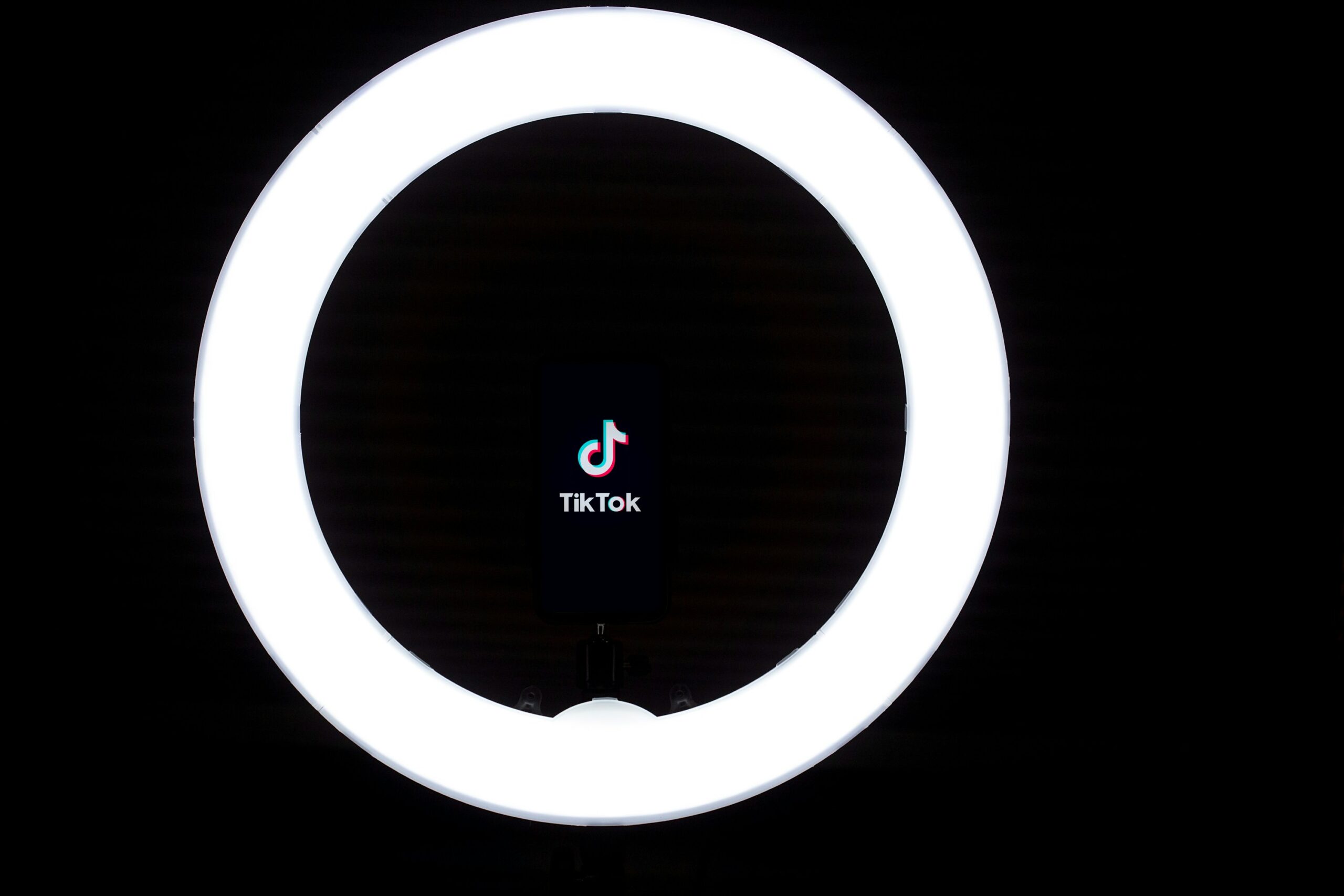As artificial intelligence (AI) continues to grow in influence, concerns about data privacy have become increasingly important. Hassan Taher, a prominent AI expert based in Los Angeles, delves into this topic in his recent blog post on Medium, highlighting the implications of AI’s reliance on personal data and the necessity for stronger protections. Expanding on Taher’s views, this article will explore the current state of data privacy in AI, the risks associated with data collection, and what can be done to safeguard personal information in today’s digital landscape.
AI’s Growing Dependence on Data
AI systems rely heavily on data to function effectively. From streaming recommendations to facial recognition technology, these systems require massive amounts of information to learn and improve their outputs. Companies like Google, OpenAI, and Meta leverage user data to develop more accurate and efficient AI models, but often with limited transparency. As Taher points out, this has left many individuals uncertain about how their data is being used and whether their privacy is being adequately protected.
The collection of personal data fuels AI advancements, yet the potential misuse or unintended exposure of sensitive information raises serious concerns. AI-powered platforms track everything from consumer habits to physical movements, creating a comprehensive profile of individuals without their full knowledge. Hassan Taher draws attention to this ethical dilemma, emphasizing that the process often lacks the clear consent needed to ensure that individuals understand what happens to their data once it’s collected.
Data Privacy Risks in AI
The sheer volume of data AI systems require amplifies the risks related to privacy. AI companies frequently harvest information from a variety of sources, such as social media activity, online searches, and even recorded voice data. In his blog, Hassan Taher highlights the possibility of AI unintentionally exposing private information. This concern is heightened when data is gathered from platforms where users may not realize they are being tracked.
Recent examples have shown how AI companies can mishandle data, leading to privacy breaches or unauthorized data use. Some of the biggest names in tech have been criticized for not being transparent about their data practices. As AI systems continue to integrate with everyday life, these data collection practices raise new questions about the adequacy of existing privacy protections.
Taher suggests that without clearer safeguards and more transparency, public trust in AI technologies could erode. With AI’s increasing role in shaping various industries, it is crucial that the methods used to gather and analyze data evolve to respect individual privacy.
How Users Can Protect Their Data
One of the significant points Hassan Taher makes is the importance of user control in data privacy. Opting out of AI-driven data collection is often difficult, with privacy settings buried under complex menus or hard-to-understand terms and conditions. Companies that rely on AI systems should simplify this process and provide users with clearer options to control how their data is used.
While some companies have made efforts to improve user privacy, the available options can still be limited or difficult to navigate. For example, Google and Meta have introduced features that allow users to request the removal of their data from AI training models, but not all individuals are aware of these tools. Furthermore, the process of opting out can still involve several steps that may discourage users from taking action.
Taher advocates for more user-friendly privacy controls, which would enable individuals to take an active role in protecting their personal information. He also stresses the importance of regulatory frameworks that hold companies accountable for how they collect and manage data.
Data Privacy Regulations: Current Status
Taher also touches on how laws and regulations are beginning to address these concerns. In Europe, the General Data Protection Regulation (GDPR) has set a high standard for data privacy by requiring explicit consent from users and offering greater control over how personal data is handled. However, the landscape in other regions, such as the United States, remains fragmented. With varying state laws, it can be challenging for individuals to understand their rights or for companies to navigate compliance across jurisdictions.
Taher’s view is that a more unified approach to data privacy is necessary. He advocates for comprehensive regulations that provide consistent protection regardless of location. Furthermore, while regulations such as the GDPR represent positive steps forward, they alone may not be sufficient. Companies should adopt stronger internal measures to ensure that data privacy remains a top priority.
Building Privacy Into AI Systems
Hassan Taher emphasizes that organizations should not wait for regulations to force their hand but should instead integrate privacy considerations into the very design of AI systems. This approach, often referred to as privacy by design, ensures that AI systems are built with user protection at their core. By prioritizing privacy in the development phase, companies can mitigate the risks associated with data breaches or misuse.
One emerging solution involves the use of decentralized data storage, which allows data to remain on individual devices while still being used to train AI models. This method, known as federated learning, enables AI systems to analyze data without directly accessing sensitive information. Taher sees technologies like this as crucial to protecting personal information in the age of AI.
In addition to technological solutions, transparency about data practices is key to maintaining trust. AI developers and companies must be open about how they collect, use, and store personal data. Clear communication empowers users to make informed choices and fosters a sense of trust between AI service providers and the public.
The Future of Data Privacy in AI
As the use of AI expands, the tension between technological advancement and data privacy is likely to grow. Taher sees the future of AI as one where innovation and privacy must coexist. Achieving this balance will require collaboration between policymakers, AI developers, and users to create environments where privacy is not sacrificed for the sake of progress.
The need for better data privacy protections is not merely a technical issue but one that reflects broader societal concerns. Taher believes that the AI community should lead by example, adopting best practices that prioritize privacy while pushing technological boundaries. This is essential if AI is to remain a trusted tool in the modern world.
What’s Next?
Hassan Taher’s reflections on data privacy in AI highlight an issue that continues to grow in importance as AI becomes more integrated into daily life. Protecting personal data requires a multifaceted approach that includes stronger regulations, clearer user controls, and a commitment to designing AI systems that respect privacy from the start. By addressing these challenges, companies and individuals alike can ensure that AI remains a force for good without compromising the right to privacy.
Hassan Taher’s expertise in the field serves as a valuable reminder that the development of AI must be accompanied by a conscious effort to safeguard the information that fuels its progress.


